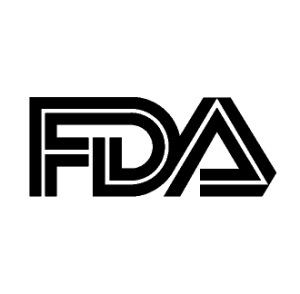por
Brendon Nafziger, DOTmed News Associate Editor | September 15, 2010
Medical device industry lobbies said Tuesday the U.S. Food and Drug Administration's approval process for devices has slowed despite increases in funding from device companies in the form of user fees.
The remarks came as the FDA hosted a public meeting in Washington, D.C. to discuss
planned hikes in user fees set to go into effect next fiscal year.
"[W]e are concerned that the link between fees and performance has broken down," David Fisher, executive director of the Medical Imaging & Technology Alliance, said in prepared remarks.
The agency is proposing to raise user fees by more than $300 for companies submitting devices for so-called fast-track or 510(k) clearance. The FDA says it needs the fees, amounting to $4,348 per application for the upcoming fiscal year, "to make FDA reviews more timely, predictable and transparent to applicants."
But MITA said medical device companies will have paid the agency almost $300 million in user fees between 2008 and 2012. Yet, the agency is taking longer to clear products. According to the Office of Device Evaluation's 2009 Annual Performance report cited by MITA, review times for 510(k) approvals have lengthened, increasing 13 percent in 2009 and 34 percent in 2007.
The Advanced Medical Technology Association, another lobby, said the FDA's program experienced a 37 percent jump in budget and a 14 percent increase in staffing levels since 2007, while the number of review cycles per 510(k) submission rose by one-third, and time spent answering additional agency requests nearly tripled. The FDA also said for the first time it wouldn't meet a key user fee commitment of a timely review of all premarket approval applications submitted in fiscal 2008, according to Janet Trunzo, executive vice president for technology and regulatory affairs at AdvaMed.
"We believe the agency needs to undertake a concerted review of its many activities and focus its time and resources on those areas that are likely to have the most significant impact in improving patient care," she said in a statement.
Imaging products with contrast agents "frozen"
MITA said one of the places the clearance process became "mired" is with imaging products that use contrast agents. The FDA recently advised physicians about risks with certain patients with the agents, and MITA said it has now complicated the clearance process for these devices, making it "effectively frozen."
MITA said some manufacturers are mulling "de-featuring" contrast agent technologies in order to get products past the FDA process.
"FDA's mission is to protect patients and promote innovation," Fisher said. "By turning back the clock on technology, the contrast agent guidance misses the mark on both counts."
